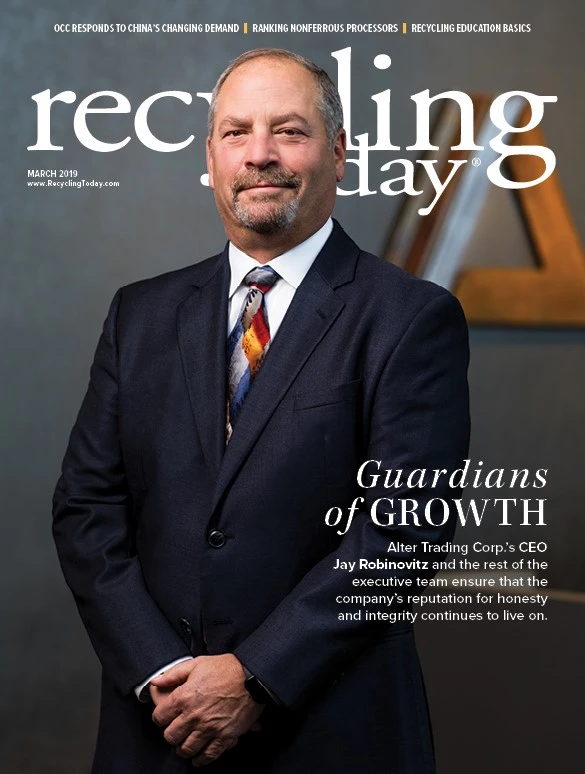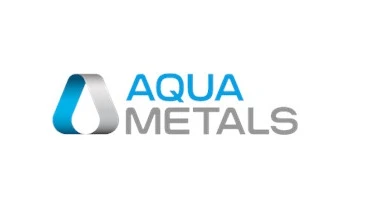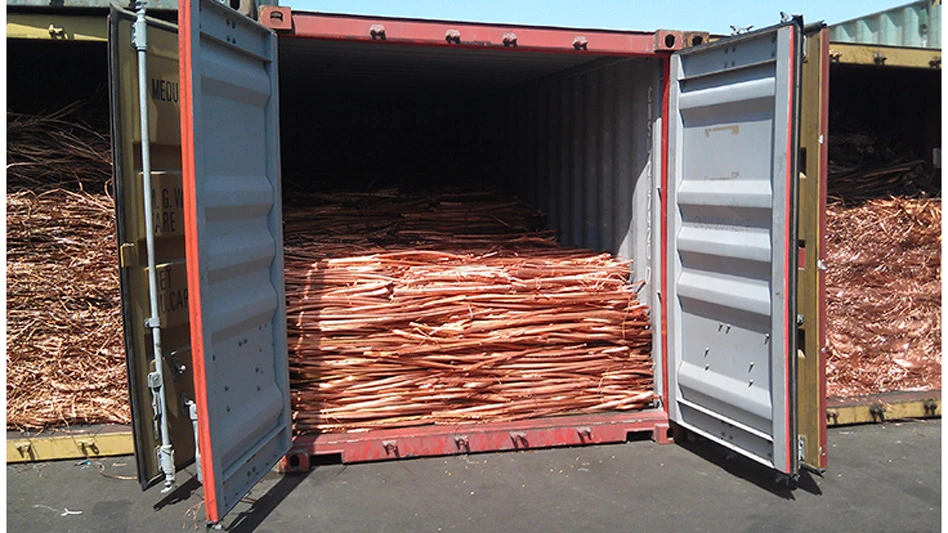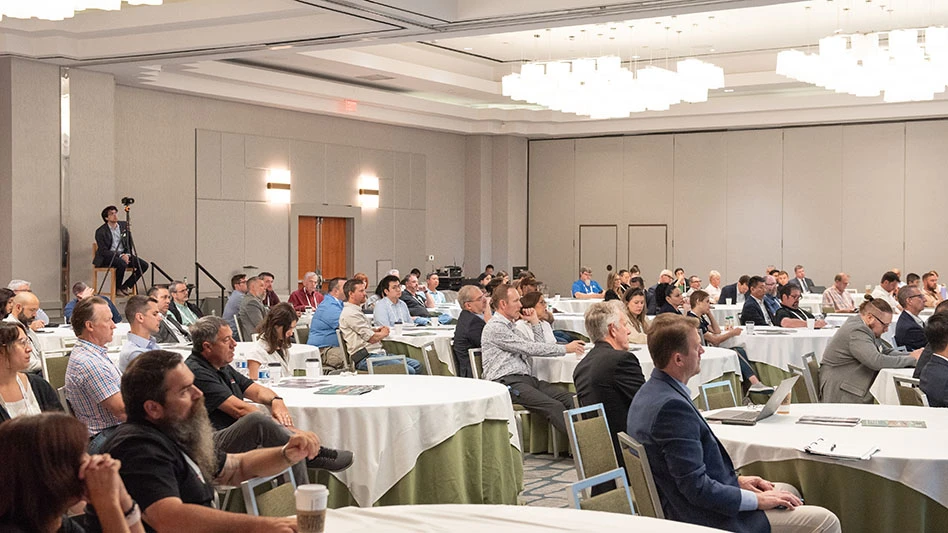
When it comes to creepiness, a product destruction job Rick Possumato performed more than a decade ago tops the scale.
His mobile shredding and destruction company, now called IntelliShred LLC, was hired in 2003 to destroy more than 2,000 stuffed animals after an overseas subcontractor for Gund—the Edison, New Jersey-based maker of teddy bears and other stuffed animals—printed the wrong fill material on the labels.
Gund worried that parents, not knowing what kind of fiber was really inside the stuffed animals, would buy bears, giraffes
“It was sad,” says Possumato, managing partner of IntelliShred. “These stuffed animals, a product that normally brings good feelings to people, especially children, had to be destroyed, and no one would ever experience joy from them. But I understood the potential risk from Gund’s perspective.”
Luckily, the shredding was fast and smooth, despite the lightness of the toys. Normally, IntelliShred’s shredders need weighty materials for the blades to pull them in. But in this case, the blades easily caught hold of the cloth animals.
The stuffed-animal destruction contract was not a typical assignment for IntelliShred, a privately owned company headquartered in Frenchtown, New Jersey, that serves central New Jersey, southern New York state and southeast Pennsylvania. About 65 percent of the firm’s revenue, which Possumato says ranges from $1 million to $2 million annually, comes from regularly scheduled document destruction jobs.
Another 33 to 34 percent of Intelli- Shred’s revenue is generated by document purges, and about 1 to 2 percent comes from
Possumato says IntelliShred, which has been in business in one form or another for 20 years, has more than 1,000 clients in its database and has grown by 15 to 17 percent annually in revenue over the past four years or so. Customer service is the key to its growth.
IntelliShred owns two STAK 33 trucks from Kitchener, Ontario-based Alpine Shredders (recently acquired by Lynx Equity Ltd.). These trucks can shred up to 7,500 pounds of material per hour and have a payload of up to 12,750 pounds. For smaller jobs, the company has two ST-25 trucks from Shred-Tech, Cambridge, Ontario, which can destroy up to 3,000 pounds per hour and hold 10,000 pounds.
Customers are invited to watch the shredding themselves. Each truck features two externally mounted video screens showing the shredding chamber and the end product in the compacting compartment.
Entrepreneurial partners
Possumato and his IntelliShred partner, John Manzi, have been friends since the third grade. As kids, neither dreamed of careers in document destruction.
In the late 1990s, Possumato was an accountant for Chubb Insurance Co., and Manzi was a mechanical engineer. At the time, only a handful of secure destruction firms existed.
One day, Possumato’s wife, Joanne, arrived home and said a shredding company, charging $3.95 per minute, had been destroying old documents at her family-owned collections firm. Possumato quickly realized the company was making good money at that rate, so he called Manzi about starting their own document shredding company.
“I had to sell him a little on the idea,” Possumato says. “It was a little crazy, a financial risk.”
Manzi says Possumato didn’t have to twist his arm too much.
“It seemed like the idea had potential,” Manzi says. “I trust Rick’s judgment. And our relationship is such that we never have to worry about the other person pulling his own weight.”
Making their business a mobile operation was a no-brainer.
“In the New Jersey area, customers want to see their documents shredded with their own eyes,” Possumato says. “It provides another level of comfort.”
Initially, Possumato and Manzi considered becoming franchisees of a certain large document shredding company. They visited the company’s headquarters but learned that just to tour the plant they would have to promise not to establish their own independent destruction business for at least five years.
Possumato and Manzi were unable to make that commitment, so they turned to a sales rep at Shred-Tech for insight and advice. Then they bought a single truck, with a handfed shredder, for $140,000 and established their business, MobileShred, in 1999.
“More than a few friends laughed at me,” Possumato says. “They said, ‘If you don’t get this business going, you’re going to be living in that truck.’”Starting & restarting
Drawing customers was an uphill task at first. Potential clients, while interested in shredding, didn’t think they needed a shredding firm. Possumato finally found some success by charging customers by the amount of material they shred instead of by the hour.
A 2001 scandal changed the entire industry. The energy company Enron tried to hide illegal accounting practices by shredding documents as investigators closed in.
“That’s what brought shredding to the forefront,” Possumato says. “If you have a records-retention plan, where records are destroyed after a certain number of years, the legal system respects that. But at Enron, they were shredding to beat the authorities.”
To maintain a competitive edge, IntelliShred focuses on service, providing same-day response to customers.
Suddenly MobileShred was securing accounts from companies that had never shredded before. Possumato and Manzi bought a second, state-of-the-art truck, this one with a robotic arm that lifted containers to dump material into the shredder. They progressed from shredding 1,000 pounds an hour to 6,500 pounds.
MobileShred caught the attention of Cintas, the maker of uniforms, first-aid supplies

However, life under a corporate umbrella didn’t agree with Possumato’s boutique-style approach to business. He and Manzi struck out on their own again, forming IntelliShred in 2007.
“We had to start over, but we had more capital and cushion after the Cintas purchase,” Possumato says. “But the industry had further developed by that time. The public was educated and knew they needed shredding, so we had a flood of competitors.”
To gain a foothold, IntelliShred focused on service, providing
‘Chain of security’
IntelliShred promotes its tight “chain of security,” which is reflected in service-representative uniforms that resemble those of security guards.
“We’ve even had service people walk into Dunkin’ Donuts and get offered free coffee because they think they’re the police,” Possumato says. “We like them to view us like that because we take our job seriously.”
Security starts with IntelliShred’s secure containers, in which customers deposit documents they want shredded. The containers resemble cabinets and blend into any office environment.
An IntelliShred service rep visits regularly and opens the locked containers. Using a hand-held electronic device, he or she scans a bar code inside the container that identifies it. The service rep then records in IntelliShred’s system how full the containers are.

The service rep empties the containers into a 95-gallon wheeled cart, relocking the smaller container. The larger container also is locked and then wheeled to the shredding truck.
After shredding, the service rep prints a certificate of destruction, which provides official confirmation that the documents were destroyed in case the customer is audited by a governing body.
IntelliShred itself is certified by the National Association for Information Destruction (NAID), Phoenix, which examines everything from hiring practices to creditworthiness to workflow. NAID auditors even follow IntelliShred’s trucks to make sure drivers lock their doors and don’t leave document containers unattended, Possumato says.
Looking ahead
Possumato says he attended a trade conference a few years ago where an expert predicted that large shredding and product destruction firms would gobble up smaller ones. A few smaller data destruction companies would survive as niche players.
“That’s exactly what happened,” Possumato says. “But now bigger companies are buying each other, and that’s giving new life to the small independent. And as bigger companies get bigger, there will be fewer competitors.”
Possumato says businesses use less paper, but few have gone paperless so far and he doesn’t see paper going away.
As for IntelliShred, Possumato says he has no plans to sell, despite interest from larger secure destruction firms.
“I’m 56,” Possumato says. “We sold out once and we went back in. The prospects of selling a second time are not as appealing as they were the first time.”

Explore the March 2019 Issue
Check out more from this issue and find your next story to read.
Latest from Recycling Today
- APR, RecyClass release partnership progress report
- Clearpoint Recycling, Enviroo sign PET supply contract
- Invista expanding ISCC Plus certification program
- Redwood partnership targets recycling of medium-format batteries
- Enfinite forms Hazardous & Specialty Waste Management Council
- Combined DRS, EPR legislation introduced in Rhode Island
- Eureka Recycling starts up newly upgraded MRF
- Reconomy Close the Gap campaign highlights need for circularity





